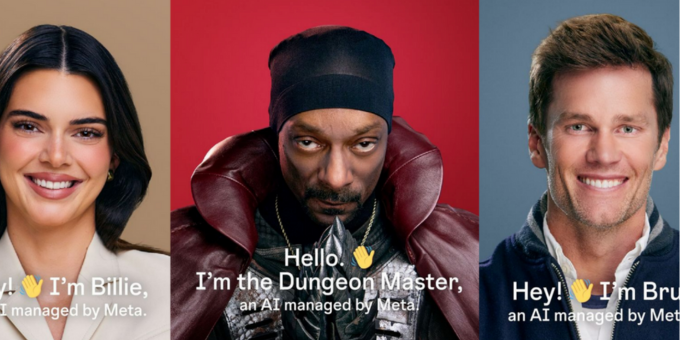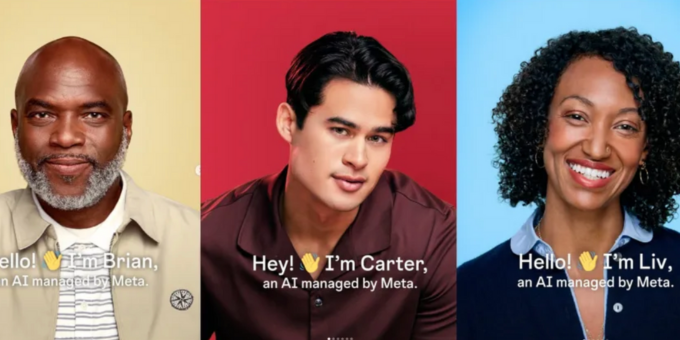In an age where technology shapes our daily interactions, the introduction of AI-generated profiles by Meta on platforms like Instagram and Facebook has sparked considerable controversy. These profiles, designed to mimic real human users, have begun to infiltrate our social spaces, leading to questions about authenticity and trust.
The Rise and Fall of Meta’s AI Profiles
Meta introduced AI-generated user accounts, supposedly to enhance engagement and simulate a more dynamic social environment. These bots were equipped with bios, profile pictures, and the ability to generate and share content, blending seamlessly among real users. However, the venture was short-lived. Following the backlash, Meta decided to remove these AI entities, citing a technical glitch that prevented users from blocking them as the official reason. Yet, beneath this surface-level explanation lies a more profound narrative of ethical concerns and user disenchantment.

Why AI-Generated Profiles Are Harmful
The integration of AI profiles into social media platforms disrupts the very essence of human interaction. Users engage with what they believe to be real people, only to find out they are conversing with an algorithm. This erodes trust. The blurring of lines between human and machine can lead to emotional manipulation. Therefore, individuals might form attachments or share personal details with what they perceive as friends, only to interact with AI. be interacting with AI.
Moreover, these AI entities can inadvertently spread misinformation. They can also engage in behaviors that don’t align with human ethics or societal norms. The potential for these profiles to be used for nefarious purposes like influencing public opinion or spreading propaganda is a significant concern.

The Need for Transparency
The core issue here is transparency. Users must be aware when they are interacting with an AI chatbot rather than a human. Without clear indicators, the digital space becomes a minefield of false identities. Thus, genuine human connection is at risk. The backlash faced by Meta is a clear indicator that users value authenticity. They are uncomfortable with the notion of being deceived, even unintentionally, by AI.
The Dark Side of AI in Social Media
The use of AI in this manner not only questions the integrity of the platform but also raises alarms about data security and privacy. If AI can mimic human behavior so convincingly, what’s to stop it from harvesting data or influencing users under false pretenses? This scenario paints a dystopian picture where AI not only assists, but potentially manipulates the social fabric.
Building a safer digital future
Meta’s experiment with AI-generated profiles serves as a cautionary tale about the unchecked integration of AI into our daily lives. It’s imperative for tech giants to prioritize transparency and ethical considerations over innovation that could compromise the human element of social networking. As we move forward, let’s demand clarity in our digital interactions. Let’s ensure that the image of social media remains one of genuine human connection, not a gallery of AI-generated illusions.
Tools like WasItAI are already stepping up to fill this gap by helping users distinguish between AI-generated and human-made content. By providing such solutions, we can empower individuals and organizations to navigate the digital world with greater confidence and clarity.
